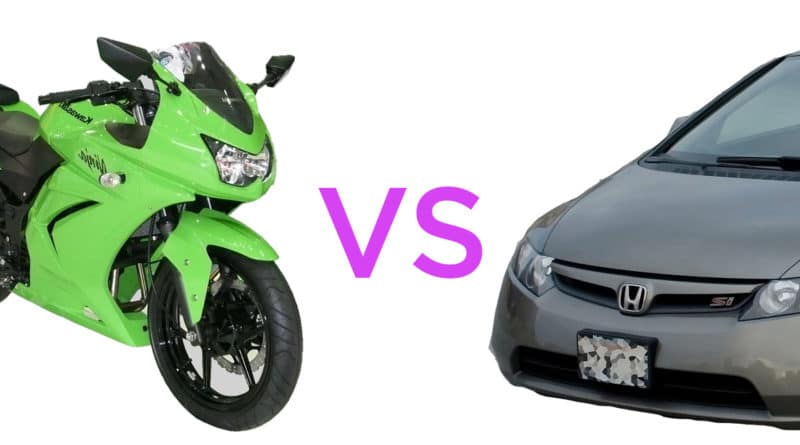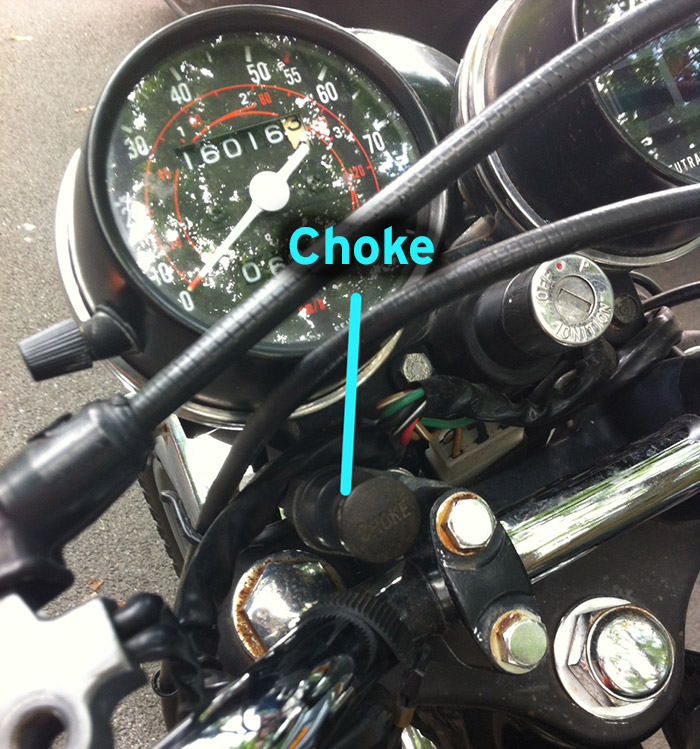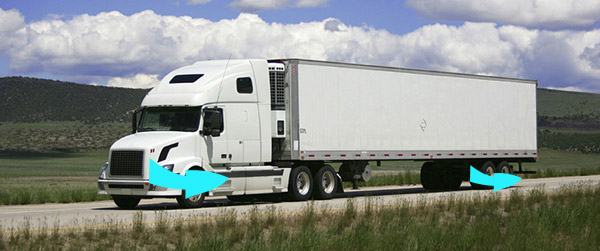Some of you might be weighing the cost of owning and or commuting on a motorcycle vs doing so with a car. I’ve done both and weighed the pros, cons, and costs of both approaches. Motorcycles are often thought of as a way to save money commuting. Although motorcycles themselves can be had for cheaper and the mpg cost (primarily thought as the major driver of the costs to run) is less, there are other variable costs to motorcycle ownership which are definitely more costly than that of cars and end up making them not a great. Tl;Dr You shouldn’t buy and ride a motorcycle to save money on commuting costs because you likely won’t. I don’t ride to save money commuting, I ride because I love to ride motorcycles.
Tires
The cost of a single motorcycle tire is on par with if not more expensive than the cost of a single passenger vehicle tire. On top of that, they wear out substantially faster than car tires. On average I would say I get maybe 5-6K miles out of a set of motorcycle tires. With a car, it is usually in the 25-40K range. On top of that, unless you’re mounting and balancing your own motorcycle tires (which you can do) you will likely pay a bit more to mount and balance motorcycle tires than you would for your car. I estimate the cost for tires to be roughly $1,500 for 30K miles for a motorcycle and roughly $500 for the same on a car. Of course that depends on the car and motorcycle in question, but generally I would estimate motorcycle tires to cost roughly 3-4x that of car tires for the same distance traveled.
Insurance
This is definitely advantage motorcycle. Generally the insurance cost of driving a motorcycle is drastically less than that of a car. Obviously this is going to rise the greater displacement of the motorcycle you’re insuring, and whether or not you have Collision included in your insurance policy. If you’re financing the motorcycle, you’ll need to pay for Collision, to protect the value of the underlying asset for the financing company.
MPG
It’s definitely true that as a general rule you’re going to get better MPG on a motorcycle than you would with a car. However, many hybrid vehicles and small econobox type cars easily get in the high thirties to even the fifties MPG. Per their weight, they are a lot more efficient than motorcycles. A big Harley may end up getting in the mid to high thirties for MPG, a Prius, at 2.5x its weight can get in the fifties. So there are exceptions to this rule. Even a very efficient 300CC Honda Rebel at roughly 70-80MPG is less efficient per weight carried than a Honda Civic for example.
Gear
You don’t need any special gear to drive a car, I can just romp into my car with everything or anything I am wearing. You’re going to have to buy protective gear, helmet, boots etc can easily reach over $1,000. Also If commuting you might need to invest additional storage and or luggage for the bike, which can be very costly.
Depreciation
Per miles ridden, a motorcycle is going to depreciate faster as a percentage of its value. Cars are just known to go further in terms of accumulated miles. It is not uncommon to see cars reach 200K miles these days, and buying a car with 40K miles is considered almost the same as buying new. Buying a motorcycle with 40K miles, is what a lot would consider higher miles. It is true many brands with better engine quality like BMW, Moto Guzzi, and even Harley these days will regularly surpass these totals and maybe even get into the hundreds of thousands of miles. However, since motorcycles are generally just ridden less, there is always an opportunity to buy a similar bike with way less miles. For instance, consider a 5 year old R1200GS BMW with 50K miles is going to have to be priced significantly cheaper than a 5 year old bike with 10K miles. Just because there are many of them on the market with 10K miles to choose from, and 50K miles is considered to be a lot for a motorcycle.
What motorcycle can give cars a run for their money?
The types of motorcycle which are the most economical commuting compared to a car are low displacement Japanese bikes, likely a Honda or Yamaha (which seem to depreciate less.) The MPG difference between the motorcycle and car will be maximized with lower displacement. The initial cost of the motorcycle will be low, and the depreciation (although accumulating faster) will be less on a nominal basis because of the relative cheap cost of the bike. Lower displacement lighter bikes generally will not need tries as often, and have lower insurance costs.
What about hauling stuff, passengers, rain, bad weather, and the winter?
Yes these are all things which make the motorcycle question a lot more difficult. They are concerns which, if you live in the right area might necessitate you retaining ownership of a car for those days which just aren’t great for going out on the bike. If you have to do that, and have both a car and a motorcycle, there’s no way you’re really saving money if you’re buying the bike to commute.
Time Cost: Lane Splitting CA
There is also an additional dynamic dynamic at play here, which potentially trumps them all if you live in certain areas of California. In most place in the US, you’re not likely to save much time commuting on a motorcycle compared to a car, and may even have to spend more time putting on and taking off your gear so as your commute process would actually be longer. However, in California where there is notoriously bad traffic it is actually legal to lane split, or drive between the lanes of cars when cars are stopped in traffic. Motorcycles can also take advantage of the carpool lanes. These advantages of using a motorcycle in such a scenario really amount to how valuable your time is, and the loss of aggravation from sitting in traffic. If I lived in LA and had to commute I would certainly do it on a motorcycle most of the time, the extra time is certainly worth it to me, and I hate traffic.
So which is a cheaper and more efficient decision for commuting purposes?
Like I said at the beginning of the article, at the end of the day you should not view a motorcycle as a way to save money commuting. There are lots of factors which substantially mitigate the cost saving affects of maybe lower initial cost, higher MPG, and lower insurance. Ride and commute your on your motorcycle because you love to ride.




